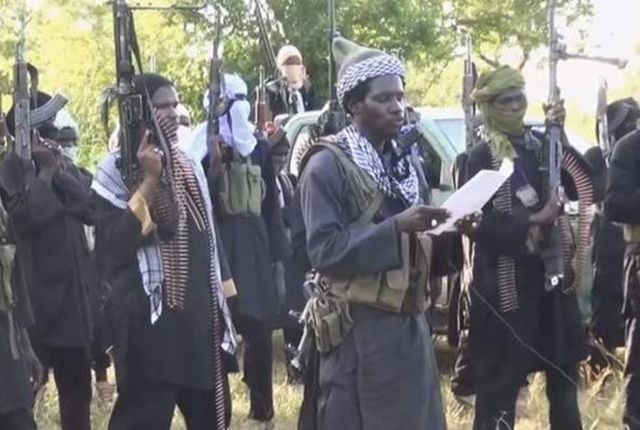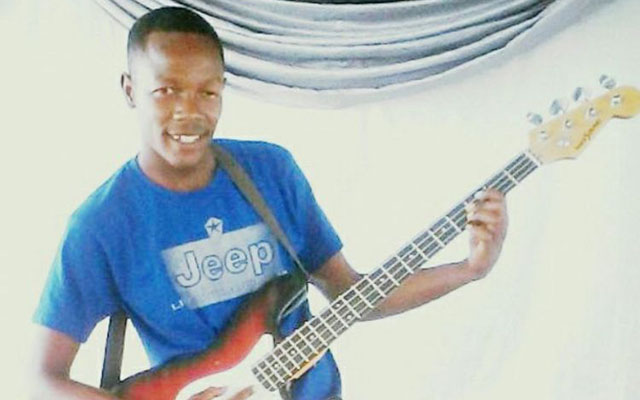Nigeria mulls fortress strategy to defeat Boko Haram

BAMA. — Nigeria’s government has a plan for the northeast, torn apart by eight years of conflict with Boko Haram: displaced people will be housed in fortified garrison towns, ringed by farms, with the rest of the countryside effectively left to fend for itself.
The vision for the state of Borno, ground zero for the war with the Islamist insurgency, is a stark admission of the reality in the northeast.
For two years, the military and government have said Boko Haram is all but defeated, and the remnants are being mopped up.
But the military is largely unable to control territory beyond the cities and towns it has wrested back from Boko Haram. That means many of the nearly two million displaced people across the northeast cannot return to their homes in rural areas.
Kashim Shettima, the governor of Borno state, said it was not possible for people to live in small villages.
“There’s beauty in numbers, there’s security in numbers. So our target is to congregate all the people in five major urban settlements and provide them with means of livelihood, education, health care and of course security,” he told Reuters. “It’s a long term solution, certainly.”
The plan for the eastern part of the state, centered on the town of Bama, is intended as a pilot scheme to be rolled out in other parts of Borno if it is successful.
Vigilantes, currently members of a group known as the Civilian Joint Task Force, will become agricultural rangers, the governor said.
Aided by Nigerian security forces, they will aim to secure and patrol a 5km radius around each garrison town where people can farm.
Peter Lundberg, the United Nations Deputy Humanitarian Coordinator for Nigeria, who heads the organisation’s response in the northeast, said the reconstruction of Bama town, the second biggest in the state, was “logical”.
“People are very eager to go back if the conditions are right and if the conditions are safe, if the conditions are dignified, and of course it has to be voluntary,” he told Reuters.
Sentiment amongst the displaced is mixed.
Abubakar Goni, who lived outside Bama before fleeing to the Borno state capital Maiduguri, said he wants to return home, but if the town is safer he will agree to go there.
“I will support it as long as I will have a place to farm. I am also happy to hear the government will give us protection on the farm because I learnt Boko Haram men are still around.”
Others, like Tijja Modu Alhaji, are wary of potential disputes between residents of the towns where people will be sent and the returnees.
“I don’t want to stay in Bama because I will still be a stranger there, just as I am in Maiduguri now,” he said. “I want to go home, not to somebody else’s land.”
The governor’s plan is still in its early stages. It involves bringing back thousands of people who fled the town of Bama and the surrounding area and sought refuge in camps in Maiduguri and elsewhere.
They will eventually be housed in towns such as Bama, which was largely abandoned by its inhabitants when Boko Haram took it three years ago, but has since been recaptured by the mil- itary.
Many of Bama’s buildings are still shells, windows smashed, doors ripped out and roofs gone. Telephone and electricity wires remain torn down, more than two years after the military evicted Boko Haram. — Reuters.










Comments